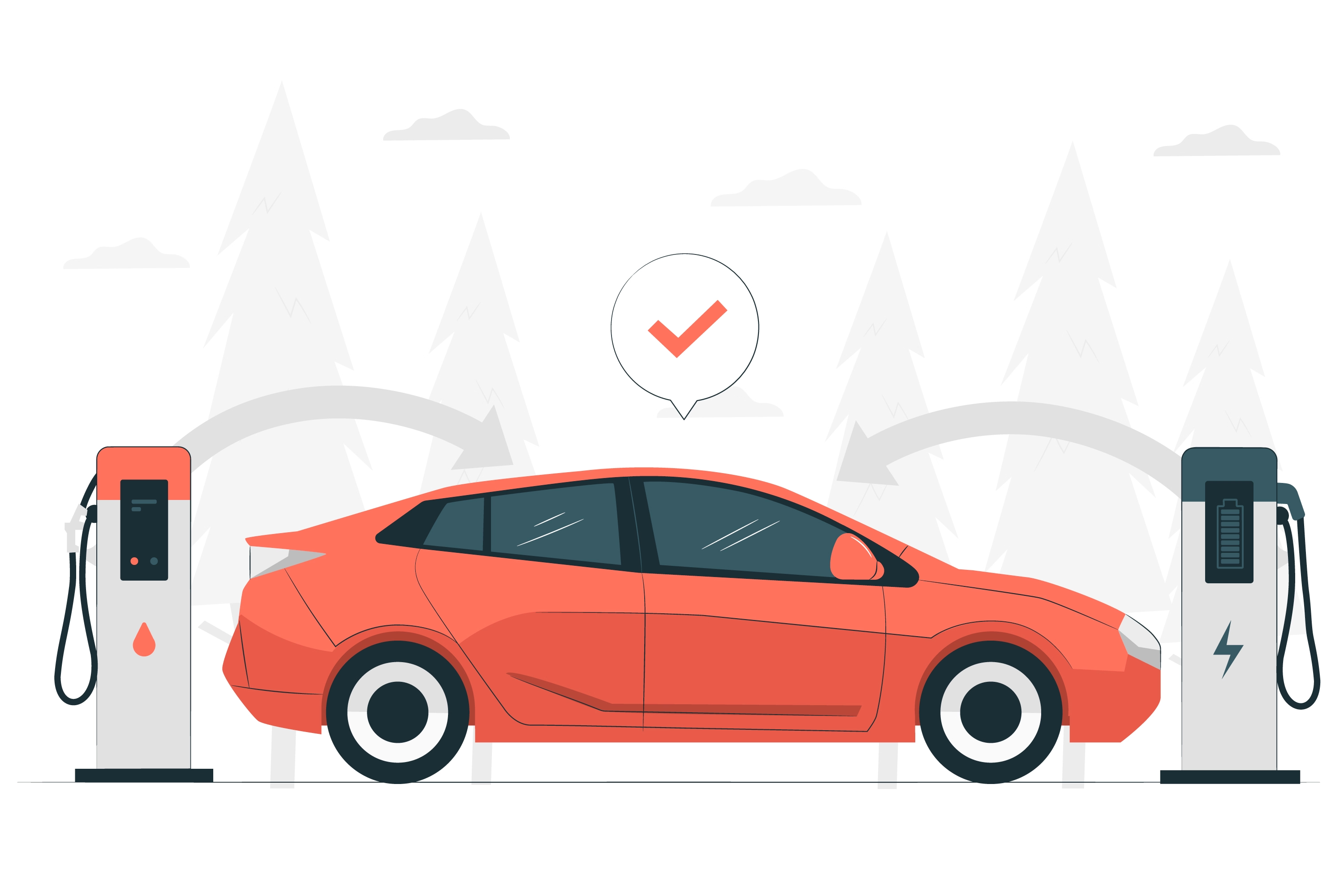Electric Vehicles: Should You Buy or Lease?
Introduction
Deciding whether to buy or lease an electric vehicle (EV) can feel like a daunting task. Both options have their merits and drawbacks, and the right choice depends on your personal circumstances, driving habits, and financial situation. In this article, we'll break down the pros and cons of buying and leasing EVs to help you make an informed decision, so you can choose the option that best suits your lifestyle and needs.
Buying an EV: Pros and Cons
Pros
- Ownership: When you buy a car, it's yours. You can drive it as much as you want, customize it, and sell it whenever you like.
- No Mileage Limits: Unlike leasing, buying doesn't come with mileage restrictions. Drive as far and as often as you need without worrying about penalties.
- Long-Term Savings: Although the initial cost is higher, owning an EV can be more economical in the long run, especially with lower maintenance and fuel costs.
- Resale Value: As EV technology improves, the resale value of electric cars is expected to remain strong, especially for models with newer, more efficient batteries.
- Incentives: Buying an EV can make you eligible for federal and state tax credits, rebates, and other incentives.
Cons
- Higher Upfront Cost: Purchasing an EV typically requires a significant initial investment compared to leasing.
- Depreciation: Like all cars, EVs depreciate over time, although this can be mitigated by the potential resale value.
- Battery Degradation: Over many years, the battery may degrade, reducing the car’s range and efficiency.
Leasing an EV: Pros and Cons
Pros
- Lower Monthly Payments: Leasing often requires lower monthly payments compared to buying, making it more affordable in the short term.
- Latest Technology: Leasing allows you to drive a new car with the latest technology every few years without worrying about long-term depreciation.
- Less Maintenance Worry: Leases typically last three years, often covering the vehicle’s warranty period, so major repair costs are less likely.
- Tax Benefits: Some states offer tax benefits for leasing an EV.
Cons
- Mileage Limits: Leases come with mileage restrictions, and exceeding them can result in hefty fees.
- No Ownership: At the end of the lease term, you don’t own the car and have to return it or lease a new one.
- Customization Limitations: Leasing agreements often restrict how much you can customize the vehicle.
- Long-Term Cost: Continuously leasing cars can be more expensive in the long run compared to buying a vehicle outright.
The EV-Global Verdict
So, should you buy or lease your next electric vehicle? The answer depends on your individual needs and preferences:
- Buy an EV if: You drive a lot, prefer ownership, want to avoid mileage limits, and are looking for long-term savings and potential resale value.
- Lease an EV if: You prefer lower monthly payments, want to upgrade to the latest technology regularly, and like the idea of driving a new car every few years without worrying about long-term maintenance.
In my opinion, leasing might be a better option for those who are new to EVs and want to experience the latest advancements without a long-term commitment. On the other hand, if you’re confident in your choice and plan to keep the vehicle for many years, buying could be the more economical option. Whichever route you choose, investing in an electric vehicle is a step towards a greener future, and with the continuous evolution of EV technology, both options present exciting opportunities for drivers.
For more insights and guidance, visit trusted sources like Edmunds, Consumer Reports.



